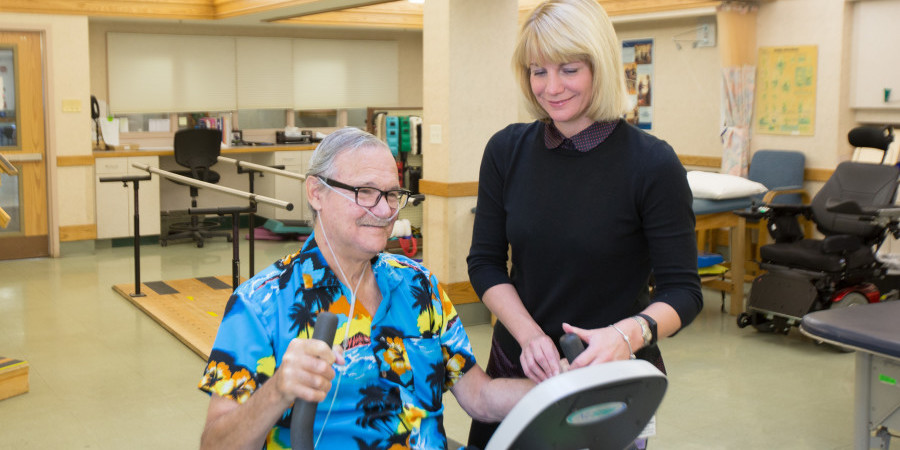Roxanol Rehab For Addiction Pomfret Center CT
Home
Roxanol Rehab For Addiction Pomfret Center CT Resources
Roxanol Rehab For Addiction Pomfret Center CT
There is a whole network of local crisis centers that provide free and confidential emotional support to people in suicidal crisis or emotional distress 24 hours a day, 7 days a week. Drug addiction kills, and only ever gets worse without the correct treatment. I think it no exaggeration to say it takes about a year and several hundred injections to make an addict. In addition to the alcoholism, other worrisome behaviors — suicidal thoughts/actions, aggression, violence, etc. — may be present. Be encouraged, if you or your loved one is sick and tired of struggling with addiction, we are here to help; our Christian rehab centers are prepared to lead you back to your faith, and strengthen your relationship with Jesus Christ.
Yet many do come out with a newfound faith in God, themselves, and their potential. Moving Forward Upon graduation from a Christian rehabilitation center, the attendee often feels on top of the world. Q: Still unsure whether you have an addiction problem or not? Proposed models of affect-driven tobacco use have focused on negative reinforcement as the primary driving force for addiction; according to such theories, tobacco is used because it helps one escape from the undesirable effects of nicotine withdrawal or other negative moods.[38] Acceptance and commitment therapy (ACT), is showing evidence that it is effective in treating substance abuse, including the treatment of poly-substance abuse and cigarette smoking.[39][40] Mindfulness programs that encourage patients to be aware of their own experiences in the present moment and of emotions that arise from thoughts, appear to prevent impulsive/compulsive responses.[38][41] Research also indicates that mindfulness programs can reduce the consumption of substances such as alcohol, cocaine, amphetamines, marijuana, cigarettes and opiates.[41][42][43] Behavioral models[edit] Behavioral models make use of principles of functional analysis of drinking behavior. There are many different Drug Rehab Center centers in Texas.
Here are Some More Resources on Halcion Rehab Near Me

More Details Around Dextrostat Abuse Treatment Programs Pomfret Center CT
These lists are based off of a set criteria that includes staff helpfulness, treatment success, customer experience, and accommodation. The faith- based non-profit rehabilitation centers are different from secular rehabilitation programs. If this is the case, we recommend disabling these add-ons. While it is easy to see that many people choose to use drugs for the first time, continued abuse may not be something they can help. National accreditation programs include the Joint Commission, the National Committee for Quality Assurance, the Commission on Accreditation of Rehabilitation Facilities (CARF), and SAMHSA credentials can also help you verify any rehab’s credentials. Alcohol abuse is very common throughout this Texas city.
A lot more Resources For Dextrostat Abuse Treatment Programs
Christian addiction treatment centers are like 12 step programs in many ways with a heavier emphasis on religion and faith. Clearly, these statistics illustrate a wide-spread issue of drug use and addiction in the United States, and these issues don’t discriminate according to religion.
More Information About Halcion Rehab Near Me Pomfret Center CT
Whether true addiction ever occurs in animals is doubtful. Hotlines generally focus on beating the many problems that you may encounter on your journey to sobriety, including intervention suggestions, help finding qualified counselors, or even helping addicts that call when they are under the influence. That’s why many people believe that Christianity and rehab can help save you from addiction. In a survey of treatment providers from three separate institutions (the National Association of Alcoholism and Drug Abuse Counselors, Rational Recovery Systems and the Society of Psychologists in Addictive Behaviors)[where?] measuring the treatment provider's responses on the Spiritual Belief Scale (a scale measuring belief in the four spiritual characteristics AA identified by Ernest Kurtz); the scores were found to explain 41% of the variance in the treatment provider's responses on the Addiction Belief Scale (a scale measuring adherence to the disease model or the free-will model addiction).[4] Scientific research since 1970 shows that effective treatment addresses the multiple needs of the patient rather than treating addiction alone.[citation needed] In addition, medically assisted drug detoxification or alcohol detoxification alone is ineffective as a treatment for addiction.[3] The National Institute on Drug Abuse (NIDA) recommends detoxification followed by both medication (where applicable) and behavioral therapy, followed by relapse prevention. Medication like methadone and buprenorphine can be used to treat addiction to prescription opiates, and behavioral therapies can be used to treat addiction to prescription stimulants, benzodiazepines, and other drugs.[6] Types of behavioral therapy include: Cognitive-behavioral therapy, which seeks to help patients to recognize, avoid and cope with situations in which they are most likely to relapse. Outpatient Care In less severe situations, patients may not require as much supervision. The effects on the brain are paranoia, anxiety, depression, distorted sense of time, memory lapses and inability to concentrate. They’ll be able to pray for you when you’re struggling, and they can point you towards Bible verse that may bring you peace.
Click Here for More Information
Previous Next
You may also like:
Diazepam Abuse Treatment Program Lewis Run PA
Nami Dual Diagnosis Pocatello ID
Ultram Detox Treatment Program Sipesville PA
Kapanol Addiction Programs Fairwater WI
Oxycontin Addiction Rehab Program Sugarloaf PA
Oxycontin Detox Centers Mc Gee MO
Valium Rehab Treatment Clinics Newbury Park CA
Drug Addiction Topics Iron MN
90 Day Treatment Centers Artesia MS
Luminal Addiction Rehab Facility Oyster VA
Codeine Detox Near Me Tylertown MS
Oxycontin Addiction Treatment Clinic Ogden UT
Luminal Detox Treatment Clinic Sudbury MA
Lorcet Detox Facility Lost Nation IA
Di-gesic Detox Facilities Koppel PA
Lorcet Detox Treatment Clinics Cardinal VA
Opium Abuse Centers Swainsboro GA
Depade Detox Near Me Newllano LA
Lorcet Rehab Centers Collins GA
Clonazepam Rehab Treatment Programs La Joya NM